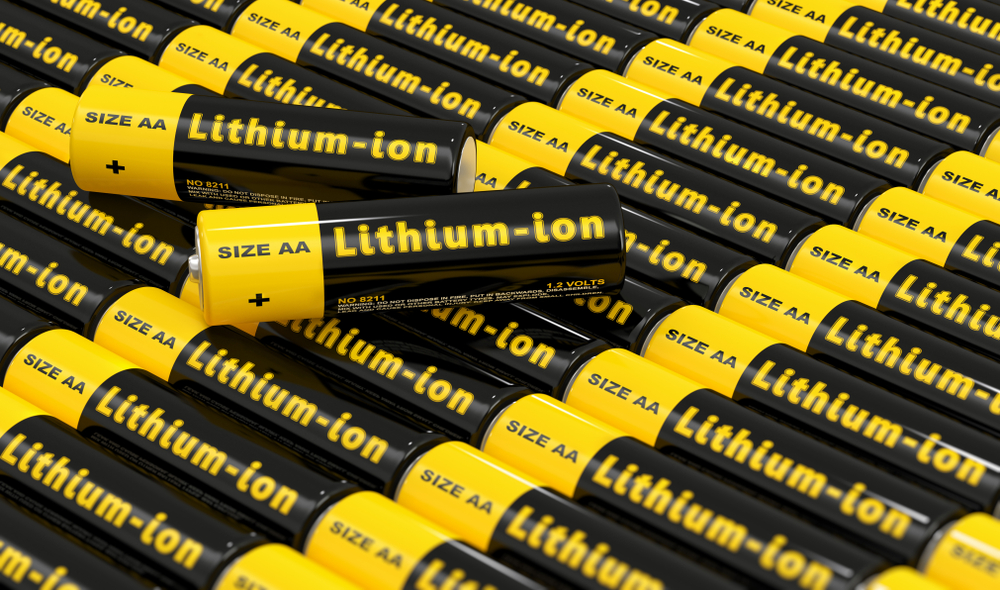Aviva highlights surge in lithium-ion battery fire claims
- January 11, 2024
- 8:57 am


Iain Hoey
Share this content
Increased claims for lithium-ion battery fires
Aviva, a prominent insurance provider, has reported a worrying increase in customer claims related to fires caused by lithium-ion batteries.
The data, reflecting trends from 2022 and 2023, indicates a 7% rise in such incidents.
The insurer’s findings are alarming, especially considering the common use of devices powered by these batteries, such as mobile phones, tablets, and e-scooters.
Concerning findings from Aviva’s research
Further research commissioned by Aviva reveals that 1 in 9 Brits have experienced a fire or explosion in their home due to a lithium-ion battery or device.
Despite these risks, there’s a notable lack of awareness about lithium-ion batteries, with 41% of people unaware of what they are and 42% not knowing the associated fire risks.
More than 70% of adults do not recognise the warning signs of a failing lithium-ion battery.
Personal experiences and safety advice
Ian, a 57-year-old customer assistant from the Isle of Wight, shared his experience: “I was charging my headphones next to me on the sofa and without realising, accidentally plugged them in using an incorrect charger.
“The headphones started smoking and within seconds both the headphones and the battery case exploded, causing damage to my sofa.”
Hannah Davidson, Senior Underwriting Manager at Aviva, commented: “For the majority of people, devices powered by lithium-ion batteries are safe to use.
“However, these batteries can present a significant fire risk if the battery fails, is faulty, or is charged incorrectly.
“Fires caused by lithium-ion batteries can devastate a property and are more difficult to extinguish.
“We urge customers to be aware of the fire risk from lithium-ion batteries and protect themselves and their properties.”
Tips for safe battery usage
Aviva’s recommendations for safely handling lithium-ion batteries include using manufacturer-recommended batteries, monitoring for damage, and being aware of the early warning signs of battery failure.
Charging safety tips include using approved chargers, avoiding overcharging, monitoring batteries while charging, and storing them in cool, dry places.
IFSJ Comment
Aviva’s report on the rise in lithium-ion battery fires is a stark reminder of the latent risks in everyday devices.
The increase in claims highlights a critical gap in consumer awareness and safety practices.
This trend highlights the need for heightened vigilance and education about the safe usage of lithium-ion batteries.
It is vital for users to understand the potential hazards of these devices.

